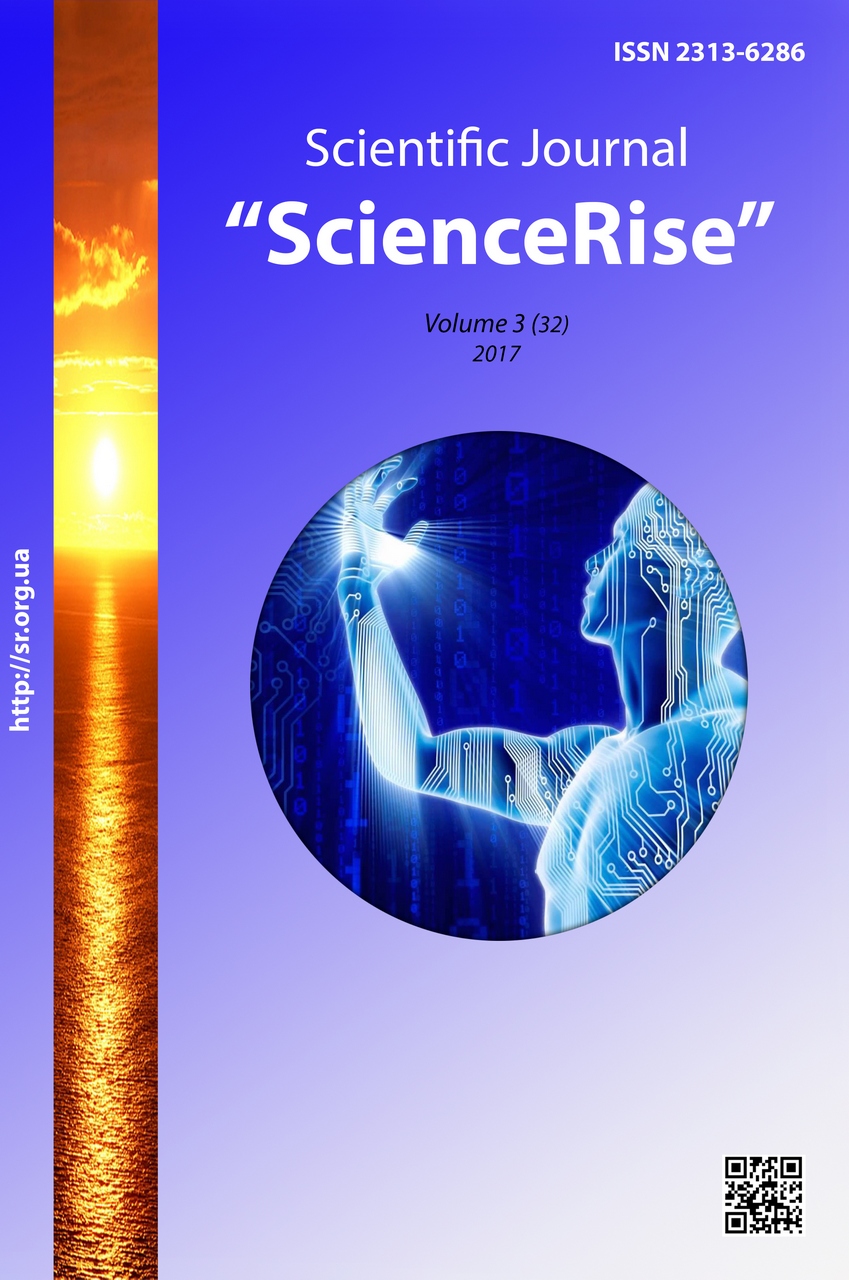Formation network features research of extracurricular educational establishments in local educational districts
DOI:
https://doi.org/10.15587/2313-8416.2017.95628Keywords:
network of extracurricular establishments, local education districts, architectural and urban planning principlesAbstract
The main directions of development of extracurricular educational establishment’s network are examined in research. Proposals for improving the network of extracurricular establishments in the structure of territorial educational districts have been formed. It is established that the perspective development of the network of educational institutions is carried out on the basis of groups of architectural and town planning principles, among which accessibility, flexibility, cooperation and blocking of the territories of educational establishments are especially important for the formation of the network of additional education institutions
References
Pro osvitu: Zakon Ukrainy vid 23 travnia 1991 № 1060–XII zi zminamy (2013). Zakonodavstvo Ukrayiny u sferi osvity ta profesiynoho navchannya. The Verkhovna Rada of Ukraine, The Committee on Science and Education. Kyiv, 4–43.
Pro pozashkil’nu osvitu: Zakon Ukrainy vid 23 chervnia 2000 № 1841–III zi zminamy (2013). Zakonodavstvo Ukrayiny u sferi osvity ta profesiynoho navchannya. The Verkhovna Rada of Ukraine, The Committee on Science and Education. Kyiv, 163–190.
Kovalska, G. L. (2016). Mistobudivni osnovi rozvitku merezhi doshkil'nih ta zagal'noosvitnih navchal'nih zakladiv [Urban planning bases of the development of preschool and general educational establishments network]. KNUBA. Kyiv, 39.
Osadchiy, I. G. (2012). Teoriya i praktika spryamovanogo rozvitku sistemi zagal'noyi seredn'oyi osviti sil's'koyi mistsevosti [Theory and practice of directed development of secondary education in rural areas]. Natsional'na akademiya pedahohichnykh nauk Ukrayiny. Kyiv, 40.
Tishkevich, O. P. (2010). Arhitekturno-planuval'na organizatsiya sil's'kih malokomplektnih shkil [Architectural and planning organization of the ungraded rural schools]. KNUBA. Kyiv, 209.
Kovalska, G. L., Merylova, I. O. (2015). Extracurricular educational establishments formation experience in Ukraine. Bulletin of Prydneprovs’ka State Academy of Civil Engeneering and Architecture, 1 (10), 76–81.
Polozhennya pro osvitnij okrug [The Regulations on educational district] (2010). Kabinet Ministriv Ukrayini, No. 777. Available at: http://zakon3.rada.gov.ua/laws/show/777-2010-%D0%BF
Kovalskiy, L. M., Merylova, I. O. (2015). Merezha zakladiv pozashkil'noyi osviti v strukturi mis'koyi zabudovi (na prikladi m. Dnipropetrovs'ka) [Network of adult education institutions in the structure of urban development]. Dosvid ta perspektivi rozvitku mist Ukrayini. Problemi rekonstruktsiyi v teoriyi ta praktitsi mistobuduvannya. Kyiv: KNUBA, 27, 177.
Merylova, I. A. (2015). Varianty razvitiya seti vneshkol'nogo obrazovaniya v Ukraine na osnove analiza mirovyh kontseptsij [Variants of extracurricular educational network’s development in Ukraine on the base of world concepts’ analysing]. Vestnik Pridneprovskoj gosudarstvennoj akademii stroitel'stva i arhitektury, 2, 52–63.
Kontseptsiya reformuvannya mistsevogo samovryaduvannya ta teritorial'noyi organizatsiyi vladi v Ukrayini [The concept of local government reform and territorial organization in Ukraine] (2014). Kabinet Ministriv Ukrayini, No. 333-r. Available at: http://zakon3.rada.gov.ua/laws/show/333-2014-%D1%80
Downloads
Published
Issue
Section
License
Copyright (c) 2017 Iryna Merylova

This work is licensed under a Creative Commons Attribution 4.0 International License.
Our journal abides by the Creative Commons CC BY copyright rights and permissions for open access journals.
Authors, who are published in this journal, agree to the following conditions:
1. The authors reserve the right to authorship of the work and pass the first publication right of this work to the journal under the terms of a Creative Commons CC BY, which allows others to freely distribute the published research with the obligatory reference to the authors of the original work and the first publication of the work in this journal.
2. The authors have the right to conclude separate supplement agreements that relate to non-exclusive work distribution in the form in which it has been published by the journal (for example, to upload the work to the online storage of the journal or publish it as part of a monograph), provided that the reference to the first publication of the work in this journal is included.

